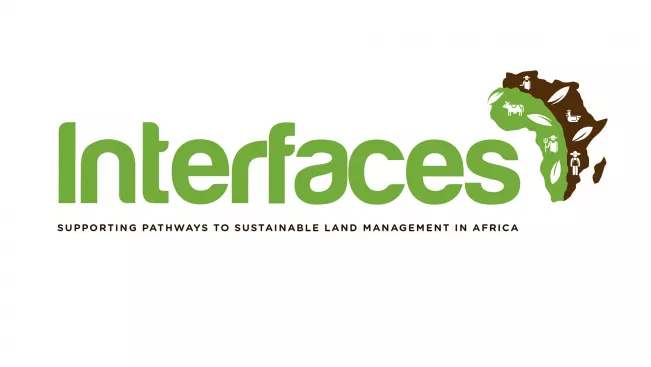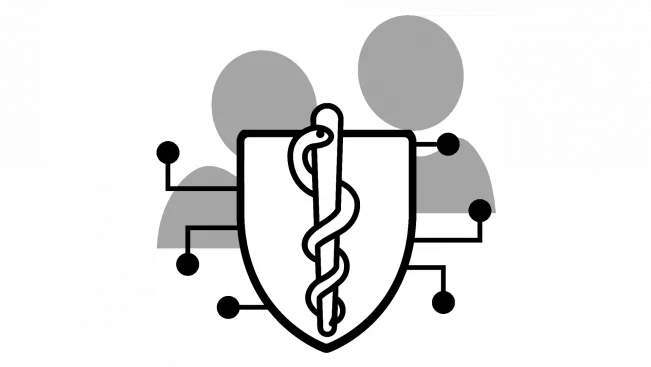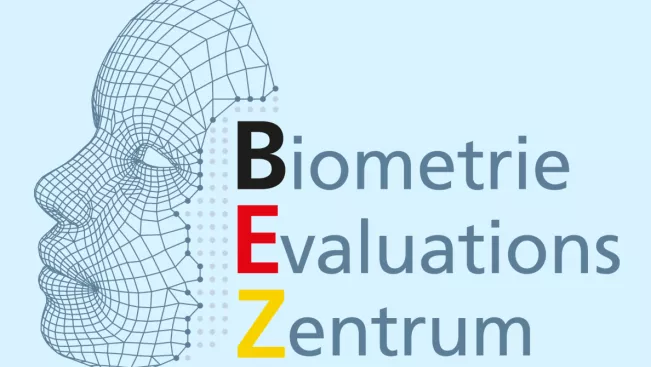Research at the university
Research Database: Projects
Research Projects (186)
The aim of ALBERO is to develop concepts and technologies for the safe integration of alternatively fuelled vehicles into RORO ferry services. Alternative propulsion systems such as electric vehicles and battery-powered cars as well as alternative fuels such as natural gas and hydrogen are to be considered. The project will develop technical, structural and organisational measures to enable safe transport and (for electric vehicles) safe charging during the journey.
Project management at the H-BRS
Prof. Dr Peter-Michael KaulArtificial intelligence methods can efficiently help us understand aftermath requirements, constraints, and decision-making processes at an early stage. Algorithms are typically used in late stages of engineering development projects. We want to reverse this and show engineers early on which types of solutions meet their requirements.
Project management at the H-BRS
Dr Alexander HaggIn this project, the Bonn-Rhein-Sieg University of Applied Sciences will analyse the availability of brewer's grains and the sustainability of procurement and processing. The design of a suitable electrochemical electrolysis cell will be carried out at Robert Gordon University.
Project management at the H-BRS
Prof. Dr Tanja Clees Prof. Dr Stefanie MeilingerLand management and the securing, use, control and governance of land-related natural resources is one of the key drivers for sustainable development in Africa. Sustainable land management should contribute to food security, adaptation of agriculture and forestry to climate change, nature and environmental protection, and be organized in a way that contributes to social justice. From October 2022, the German Federal Ministry of Education and Research (BMBF), together with INTERFACES, is supporting four regional research and development (R&D) projects that will contribute to this aim.
Project management at the H-BRS
Prof. Dr Wiltrud TerlauThe aim of the project PräventinS is the development of a prevention strategy to curb the spread of invasive pests, introduced through container freight, in Germany and the EU. This is initially done using the example of the detection of the Asian long-horned beetle (Anoplophora glabripennis, ALB for short), which usually spreads via imported pallet wood.
Project management at the H-BRS
Prof. Dr Peter-Michael KaulSensors ensure our safety in fire and gas detectors, for example, and inform us about invisible chemical (hazardous) substances, whereby reliability and selectivity are the most important requirements. The aim is to develop new types of sensors with increased selectivity. They consist of liquid crystals which, by adding optically active substances, adopt a special structure that reflects only a narrow wavelength range of the incident light, making the liquid crystal appear coloured. A chemical reaction with an analyte changes the reflected wavelength range and leads to visible colour changes.
Project management at the H-BRS
Prof. Dr Peter-Michael KaulSYNergie is a joint project with the Julius Kühn Institute (JKI) and the Osnabrück University of Applied Sciences and is funded by the German Federal Ministry of Food and Agriculture (BMEL). The aim of the project is the detection and inactivation of the potato fungus Synchytrium endobioticum (SE). This fungus uses potato plants as a host plant and triggers the so-called potato wart disease. Due to the formation of very resistant permanent sori (encapsulated spores) in the soil, which last up to 46 years, Synchytrium endobioticum has been classified as a quarantine pathogen.
Project management at the H-BRS
Prof. Dr Peter-Michael KaulMedical Centre Employee Centered Information Security Awareness
Project management at the H-BRS
Prof. Dr Luigi Lo IaconoThe Biolab project is dedicated to the continuous and comprehensive evaluation of biometric systems. The project investigates the performance, security and usability aspects of biometric systems. The results lead to training courses and workshops for authorities, police forces, manufacturers and end users. The Biometrics Evaluation Center (BEZ) at the Sankt Augustin campus is the place of implementation.
Project management at the H-BRS
Prof. Dr Norbert Jung Prof. Dr Robert LangeOnline remote training for assembly, operation and maintenance is advantageous in the industry to save time and money, especially when corporations have locations on several continents (e.g. automotive industry, oil companies, etc.) Currently, remote training experience is limited due to limited camera perspectives and the lack of suitable navigation techniques for the camera view depending on the task. In this PhD project, PhD student Saugata Biswas develops an autonomous camera viewpoint management system using a robotic arm in a multi-camera training scenario. This PhD thesis will focus on improving the online training experience of remote trainees.
Contact Points
Centre for Science and Technology Transfer (ZWT)
Room
F 405
Vice President Research and Young Academics
Campus
Sankt Augustin





